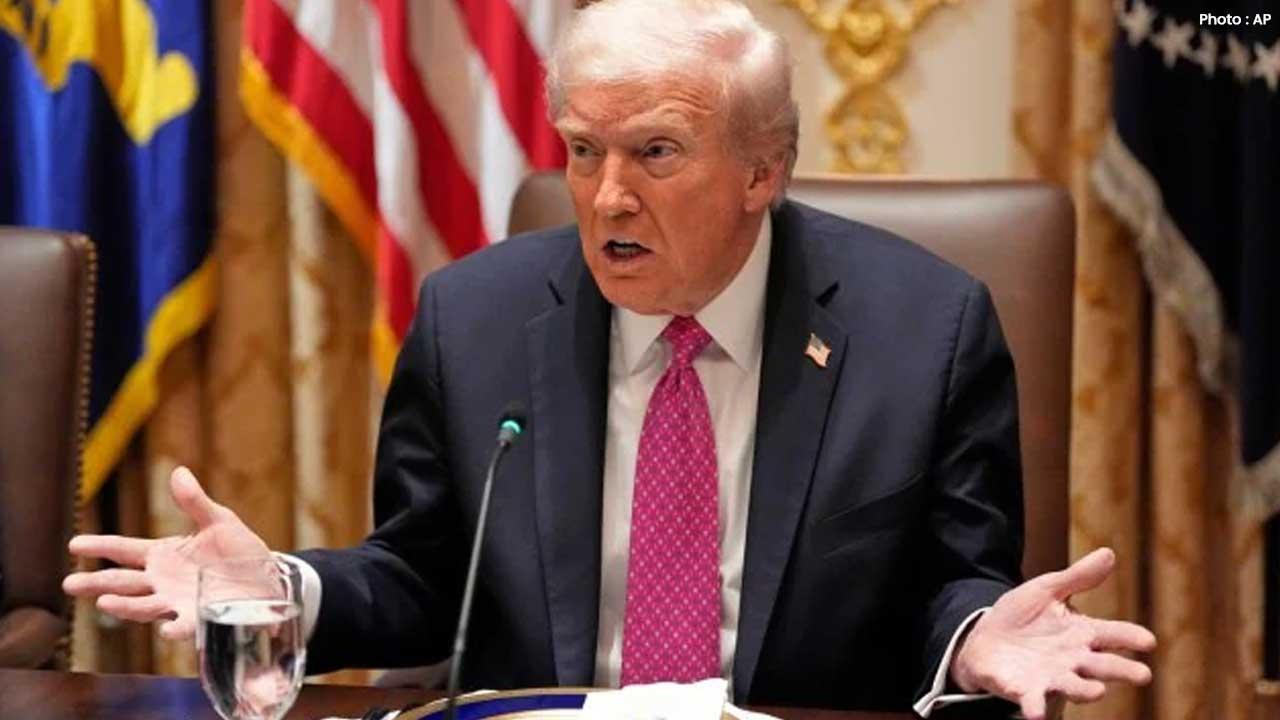
Post by : Roman D Marks
On Friday, President Donald Trump delivered a sharp rebuke to Venezuelan leader Nicolas Maduro, stating that Maduro “doesn’t want to mess with the United States.” This commentary comes as the US accuses Maduro of leading a drug cartel and sends additional military resources to the Caribbean region. Trump’s remarks underscore the mounting tensions between the US and Venezuela, as global attention turns to Caracas’ purported concessions aimed at mitigating US pressure.
During a press conference at the White House, Trump claimed that Maduro had extended considerable concessions to reduce hostilities, indicating a desire to avoid further confrontations with the US. “He has offered everything; you’re right. You know why? Because he doesn’t want to mess with the United States,” Trump stated, suggesting that Maduro is trying to appease Washington amidst increasing military pressure. These comments arrive amid discussions that Caracas might have proposed de-escalation strategies to avert further conflict with the US.
The Trump administration has deployed numerous military assets in the region as part of a counter-narcotics initiative, further exacerbating the crisis. Seven US Navy vessels, along with stealth aircraft and B-52 bombers, have been stationed near Venezuela’s shores. Flight tracking data indicated that these bombers circled the vicinity for extended periods, highlighting the substantial US military deployment. Trump claimed these maneuvers illustrate Washington’s commitment to countering threats, enhancing crew readiness, and maintaining global military readiness.
Experts caution that the US military buildup could destabilize the region further, sparking fears in Caracas that Washington may aim for regime change. The US alleges that Venezuelan operations involve drug trafficking, targeting suspected smuggling vessels. Trump defended the military actions, referencing a recent submarine strike aimed at drug trafficking. Independent verification of these strikes is limited, with international observers raising concerns over their legality and the impact on civilians.
During the event, Secretary of State Marco Rubio accompanied Trump but did not confirm the presence of any survivors from the US strikes, stating that more details would follow. Trump asserted that Venezuela’s concessions arise from US pressure, portraying Maduro’s actions as directly indicating Washington’s influence in the region. He referred to Maduro as a leader attempting to shield himself from US scrutiny while facing both internal and external challenges.
The evolving dynamics in Venezuela have become central to US foreign policy, with Trump suggesting that any restraint from Caracas would facilitate “much easier” regional stability. Analysts characterize Trump’s comments and military deployments as a dual strategy focused on countering alleged drug trafficking and signaling strong deterrence to Maduro’s government. As tensions rise, the world remains attentive, observing how the Trump administration frames its Venezuela strategy as vital for regional and global security.
Claims by the US indicate that multiple drug-smuggling vessels linked to Venezuela have been targeted by American forces, resulting in numerous fatalities. While Trump justified these operations as efforts against illicit trafficking, human rights organizations have condemned the strikes as extrajudicial killings, citing a lack of verifiable evidence. Venezuela has strongly rejected these allegations and condemned US actions as threatening, increasing the risk of further conflict.
Trump’s assertive rhetoric and comments aim to demonstrate US determination while suggesting that Venezuela is taking steps to de-escalate tensions. “He doesn’t want to mess with the United States,” Trump reiterated, framing the alleged concessions as a direct reaction to American pressure. This narrative highlights the escalating geopolitical stakes as the US continues to assert influence over Caracas’ decisions.
The tense standoff between the US and Venezuela bears significant implications for international diplomacy and regional stability. Trump’s remarks, coupled with military operations, reflect a stringent posture towards Venezuela, particularly regarding allegations of drug operations and Maduro’s governance. While the US defends these actions as maintaining law and order, critics caution that the potential for escalations could adversely impact Latin America and global trade avenues.
The Trump administration argues that Venezuela's concessions signify recognition of US authority and willingness to engage under duress. Meanwhile, Trump continues to frame his approach as proactive deterrence, emphasizing that Venezuela’s leadership “doesn’t want to mess with the United States.” As the crisis evolves, global observers remain focused on how diplomacy, military action, and official rhetoric will influence the future landscape of US-Venezuela relations.
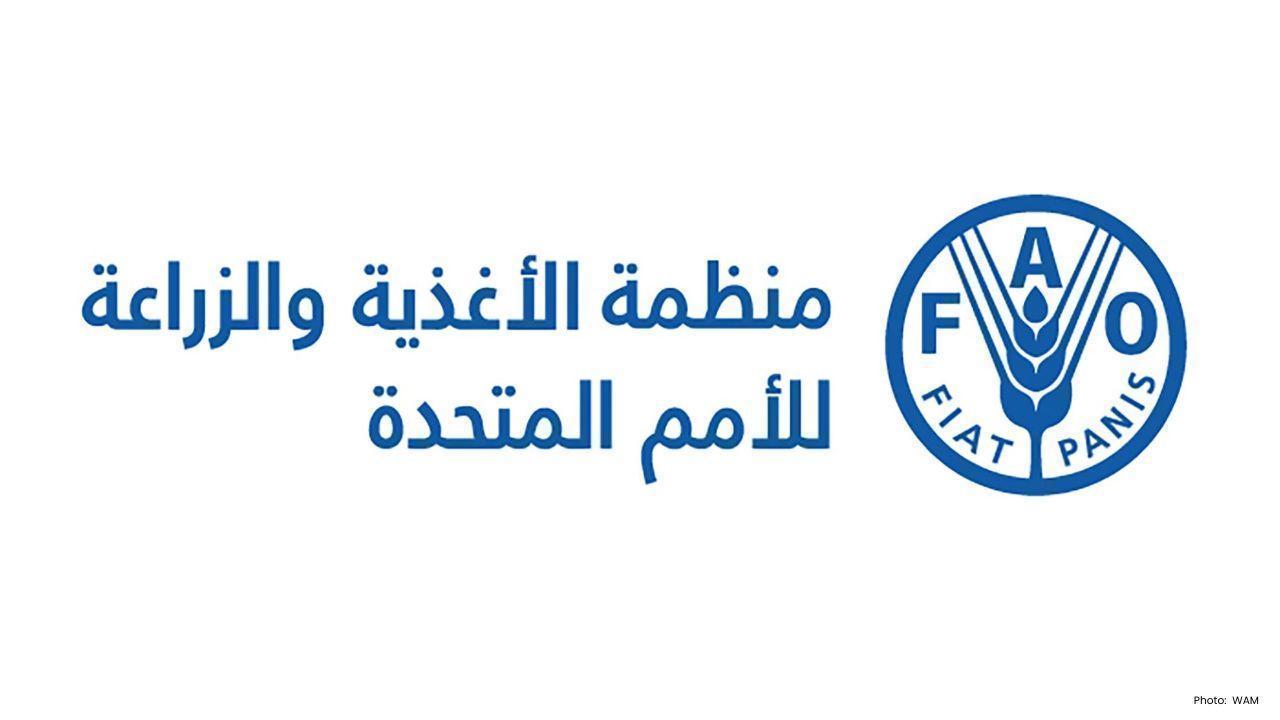






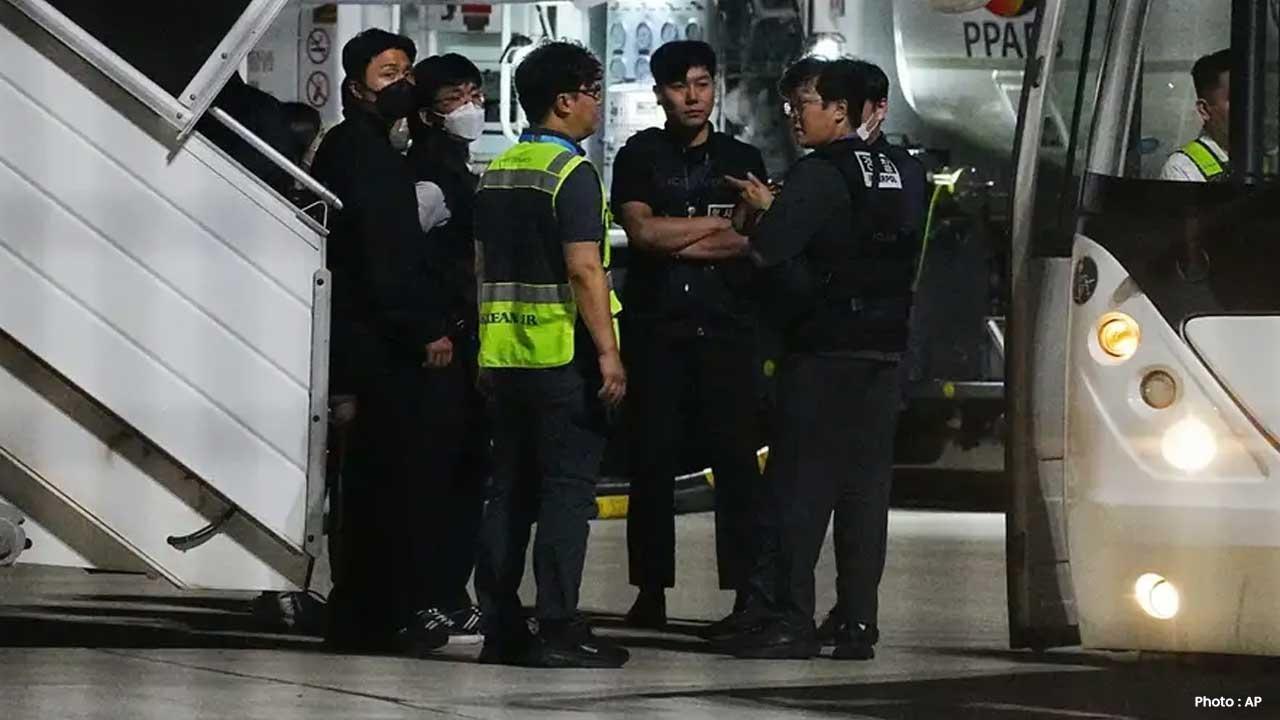


PSG Held to 3-3 Draw by Strasbourg in Thrilling Ligue 1 Clash
PSG and Strasbourg played a thrilling 3-3 draw in Ligue 1. Senny Mayulu’s late goal helped PSG stay

South Africa Crush Sri Lanka to Record Sixth 10-Wicket Win
Laura Wolvaardt and Tazmin Brits scored half-centuries as South Africa easily chased 121 to beat Sri
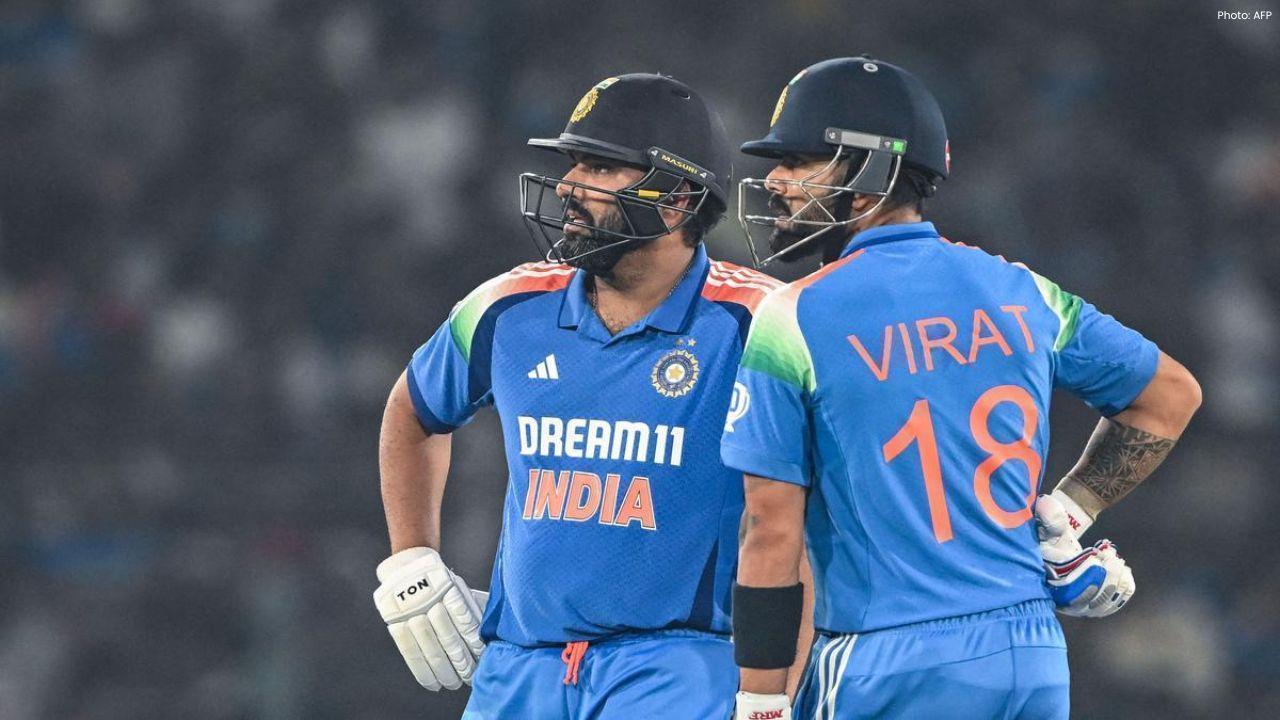
Kohli and Rohit Return for India vs Australia ODI Series
Virat Kohli and Rohit Sharma return for India’s ODI series against Australia. Aaron Finch supports t
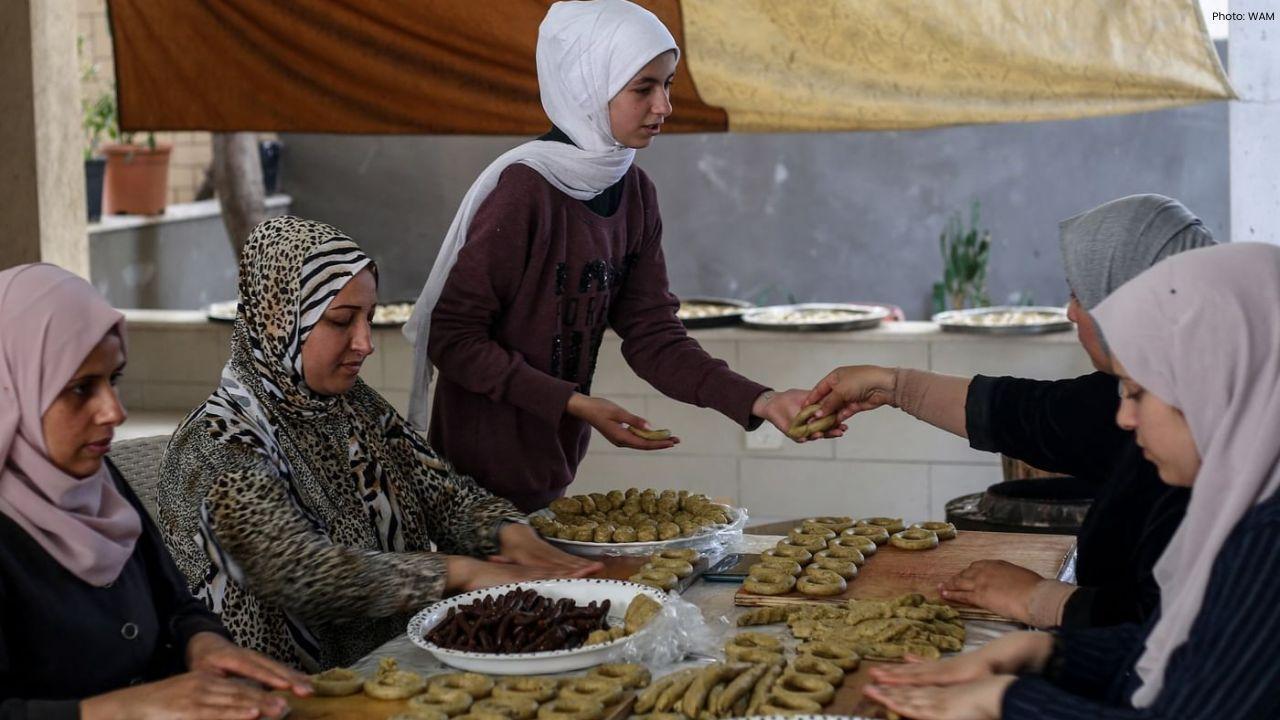
UN Women Calls for Safe Aid and Recovery for Gaza Women
UN Women urges placing women and girls at the center of Gaza aid, recovery, and reconstruction durin

Chelsea’s Cole Palmer to Miss Six Weeks Due to Injury
Chelsea forward Cole Palmer will miss six weeks due to a groin injury, manager Maresca confirms, as
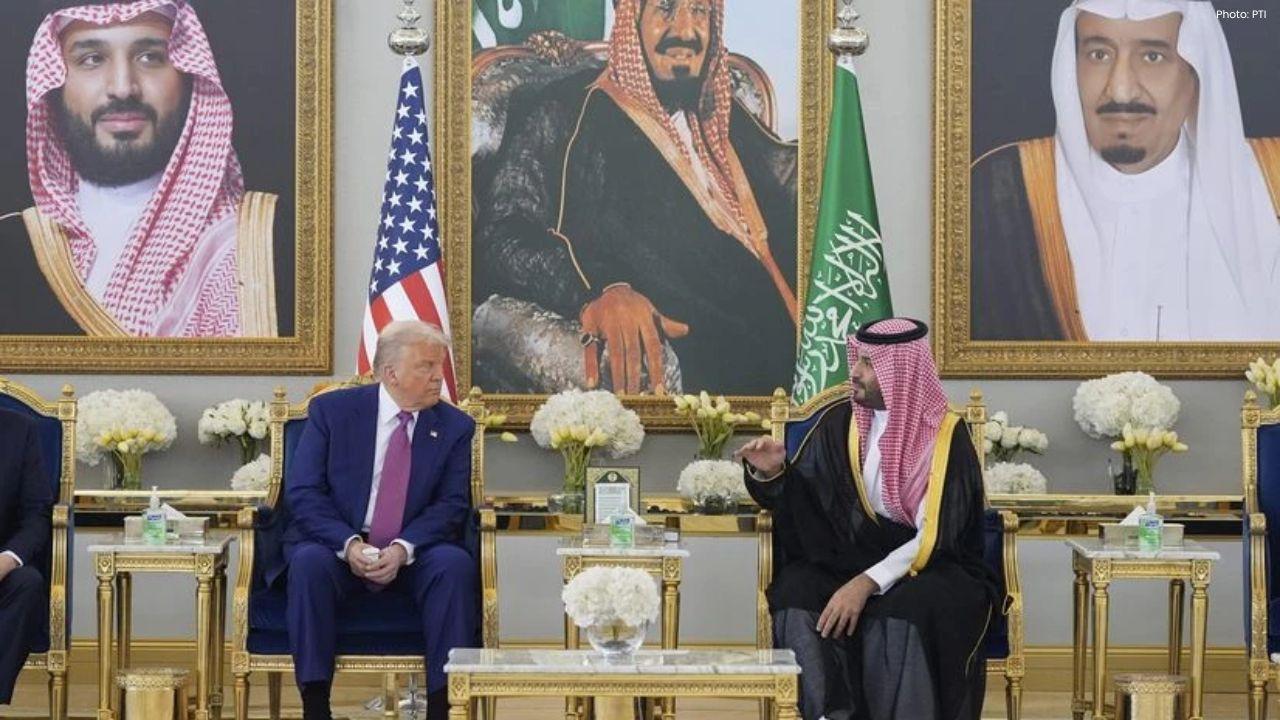
Saudi Arabia Seeks Defence Pact with US Amid Security Talks
Saudi Arabia aims for a defence and security pact with the US, following Qatar’s deal, as Crown Prin